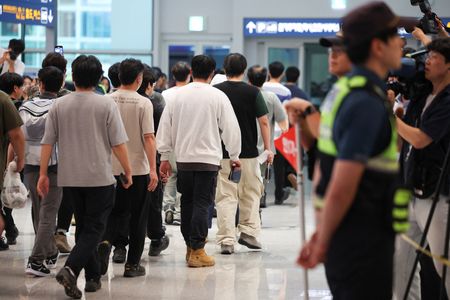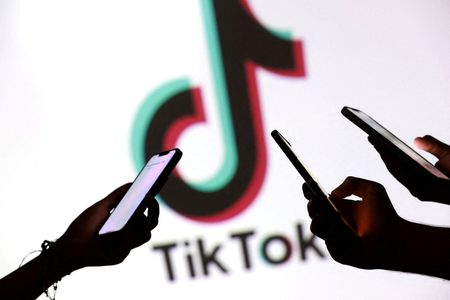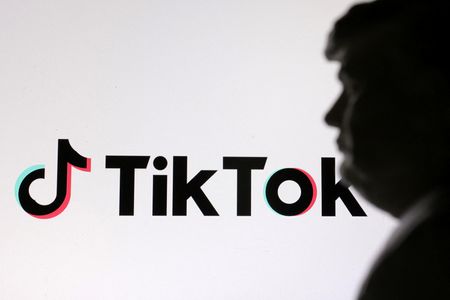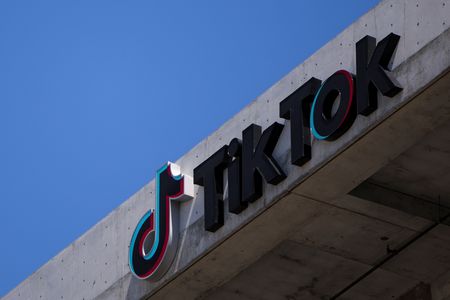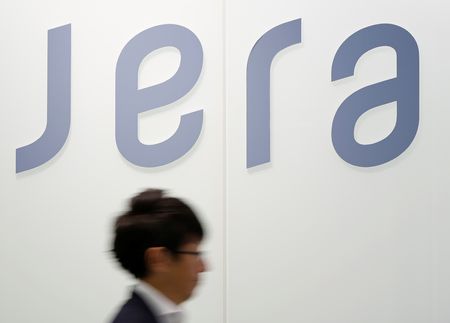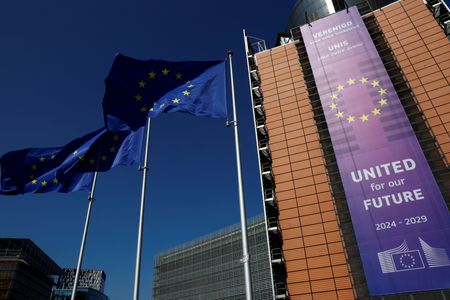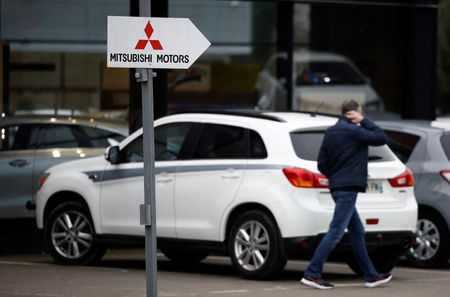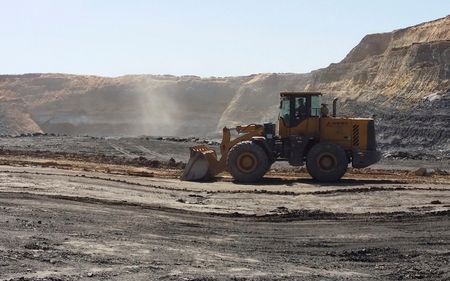By Eric Onstad
LONDON (Reuters) -Germany’s Vacuumschmelze (VAC), one of the few rare earth magnet producers outside China, aims to expand output at a new U.S. plant with Washington’s support – in contrast to tepid backing for similar plans in Europe, its CEO said.
The West has been scrambling to establish its own supply of super-strong permanent magnets to reduce dependence on China, which produces about 90% of the products vital for defence, electric vehicles and wind turbines.
VAC CEO Erik Eschen said the U.S. was pushing much harder than Europe to establish a domestic rare earths sector, evidenced by its magnet plant in South Carolina aiming to open before year-end.
“European governments are starting to wake up slowly, but they’re far behind what America is doing.”
VAC says it has received about $200 million in U.S. government funding and tax credits to build the $500 million plant.
“We have a lot of technology in Europe and what we are doing right now is transferring a lot of that technology to the United States,” Eschen told Reuters in an interview.
In July, the U.S. Department of Defense agreed a multibillion-dollar deal with MP Materials, which operates the only U.S. rare earths mine.
VAC, owned by private equity firm ARA Partners, is ahead of schedule to open its magnet factory with a capacity of just under 2,000 metric tons a year, Eschen said.
Up to 90% of the output will go to General Motors for its EVs, with the remainder supplying the U.S. Department of Defense, he added.
The need for Western action on rare earths was highlighted when China restricted magnet exports in April as part of a trade spat with U.S. President Donald Trump that has shown signs of easing in recent months.
In Europe, the EU aims to create a rare earths and magnet sector, partly through its Critical Raw Material Act agreed in 2023.
VAC, which is over 100 years old, produces about 1,000 tons of magnets per year in Europe, but is keen to expand.
“We are looking to build one or two factories in Europe like we are building in the States now,” Eschen said.
“We are negotiating, discussing with several suppliers and also with several governments because they have a significant interest.”
Individual European governments can move faster than the EU, which needs to build consensus among its 27 members, he added.
(Reporting by Eric Onstad. Editing by Veronica Brown and Mark Potter)


